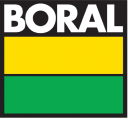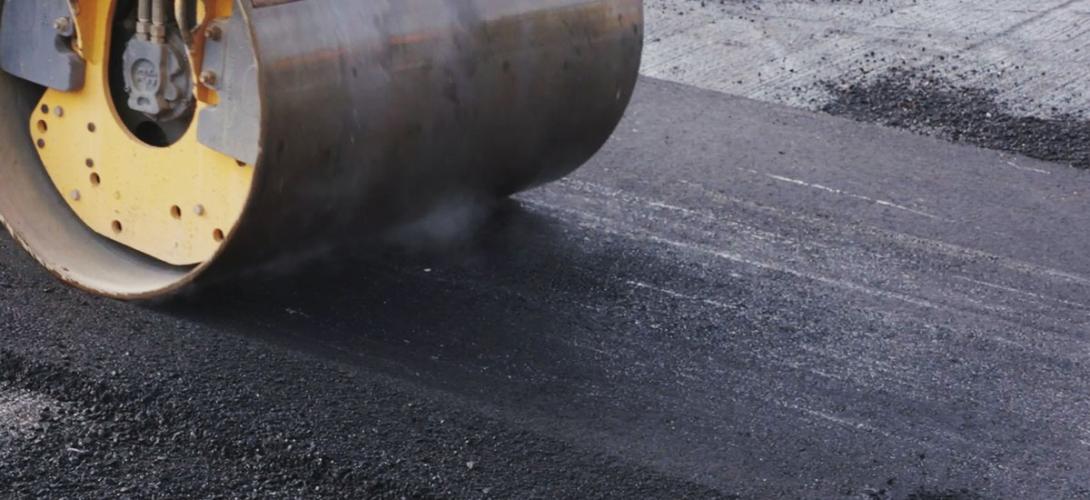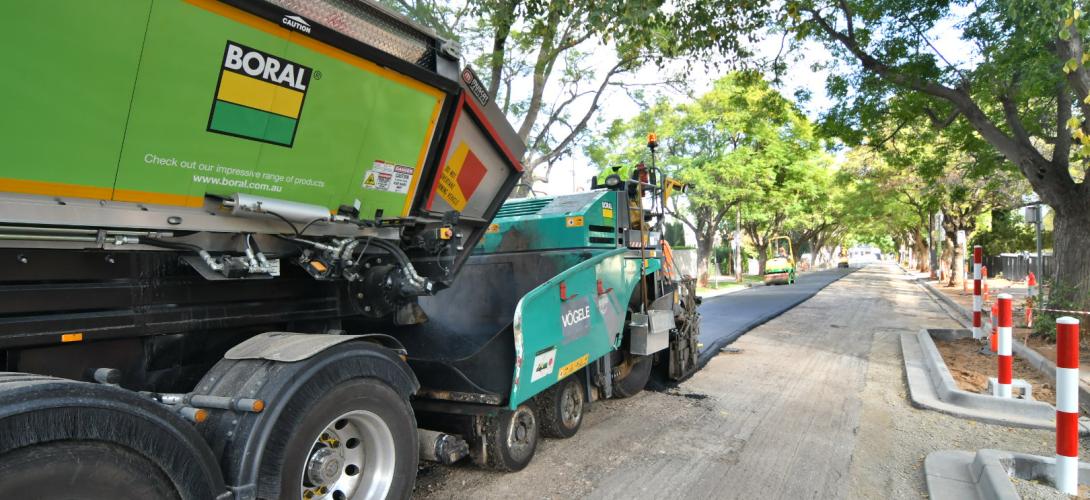The INNOVOTM system aims to improve sustainable outcomes* by incorporating everyday products that are likely to end up in landfill and repurposing them into roads around the country.
INNOVOTM reinforces Boral's commitment to sustainability and our environment through the inclusion of glass, plastic, tyres, old road pavement, slag and other materials in our paving. This focus on a circular economy reduces the amount of virgin materials required to build our roads and provides better outcomes for the communities in which we operate and our customers.
*Compared to Boral's standard asphalt products.
Features and Benefits
INNOVOTM is an asphalt system that replaces some natural raw materials with recyclable materials such as glass, plastic and rubber. It will be available to customers where these recyclable materials are available and based on local operational capabilities.
INNOVOTM asphalt can be:
- A mixture of dense-graded and open-graded aggregates and bitumen with or without mineral filler.
- Laid and compacted hot for a dense smooth surface.
- Common and versatile paving product.
- Used for wearing courses and structural layers, roads and pavement surfacing.
- Designed to meet a variety of applications.
Application / Use
INNOVOTM can be applied instead of a common asphalt mix for the wearing courses and structural layers of road pavements and pavement surfacing of car parks, footpaths and school playgrounds.
Other uses include:
- Driveways
- Light industrial areas
- Recreational areas
- Sporting facilities
- Landscaping
INNOVO Materials
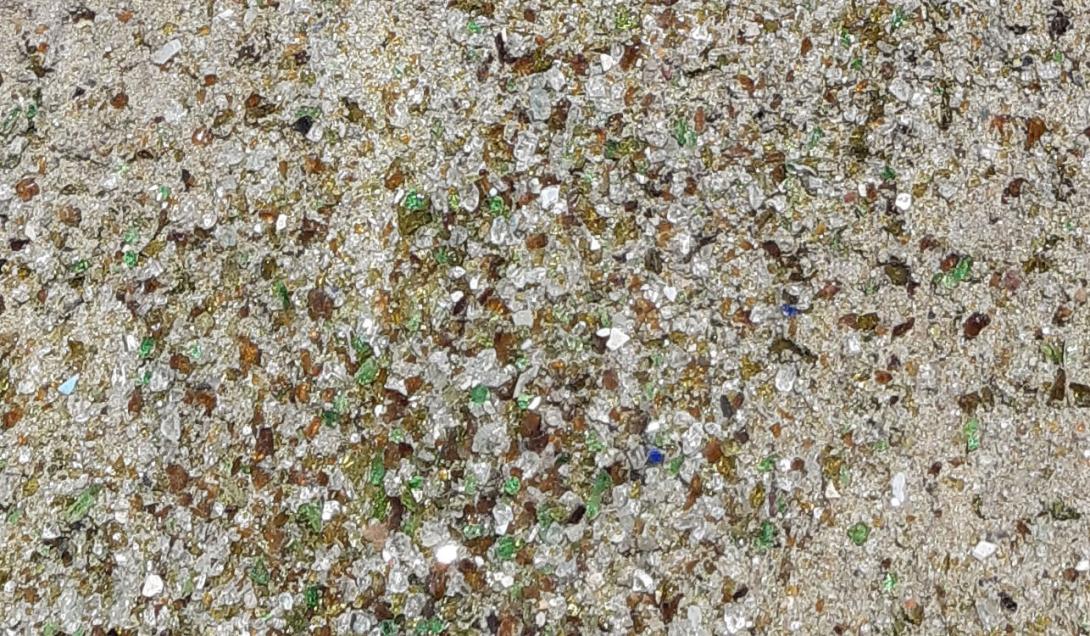
Recycled crushed glass can replace a small percentage of the natural sand used to produce asphalt without compromising on asphalt's physical properties.
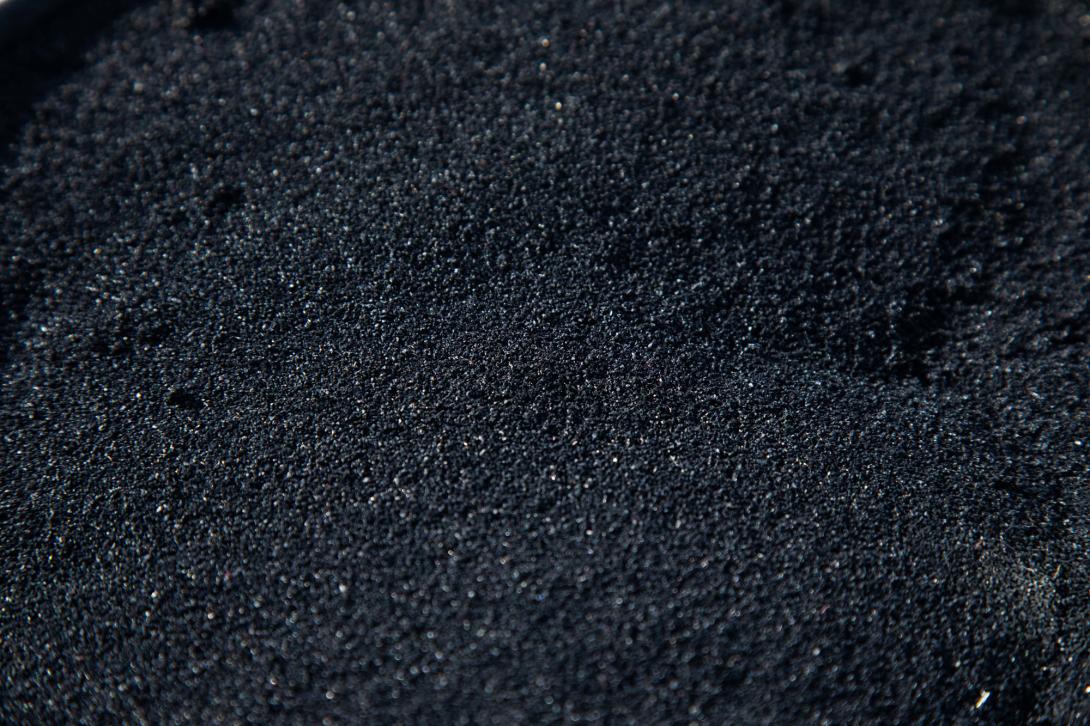
End-of-life vehicle tyres are processed into 'crumb rubber' that can be used to partially replace bitumen in asphalt.
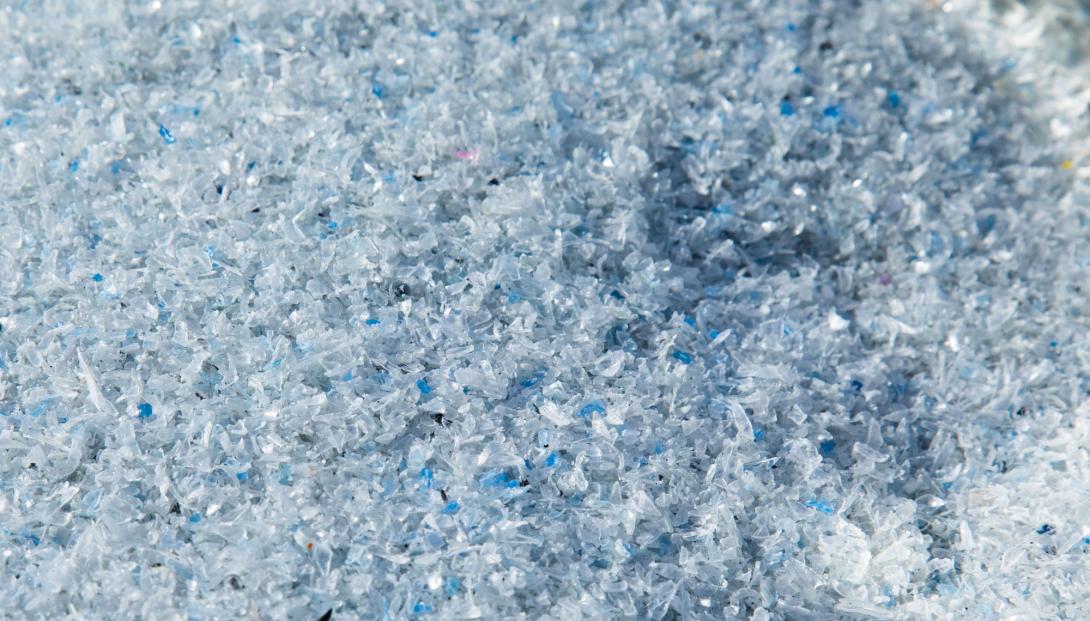
Hard and soft plastics can be a sustainable substitute for a small percentage of fine aggregates or in addition to the binder used in asphalt production.
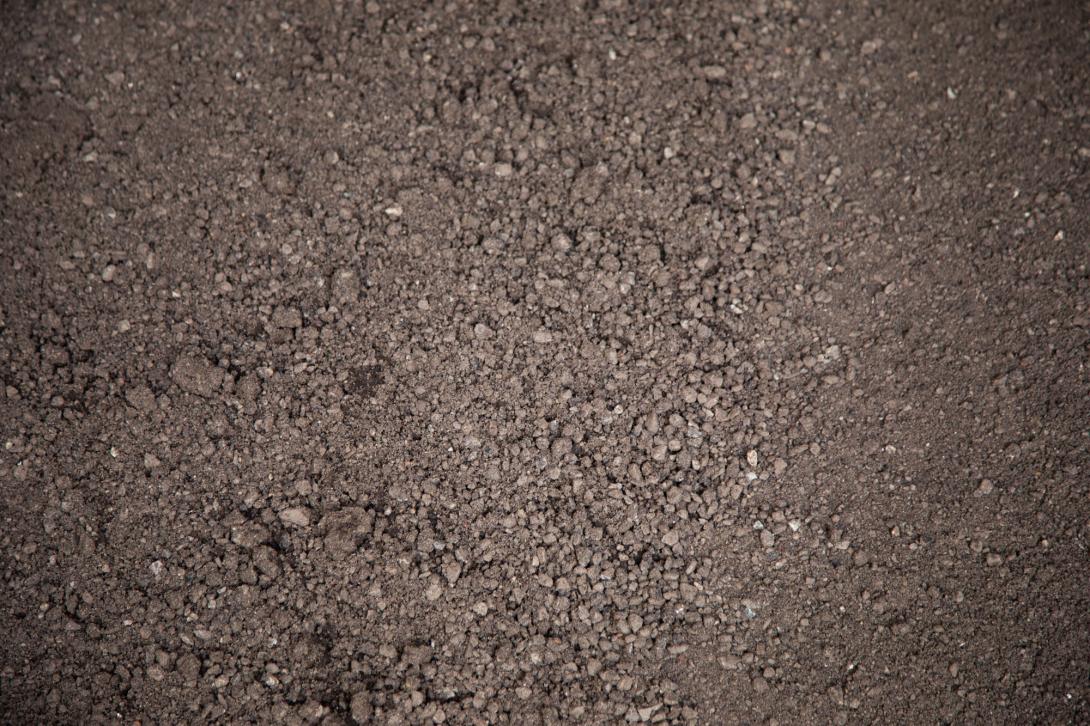
Reclaimed roads and highways can be used to replace some of the bitumen and raw aggregates used in the production of asphalt.
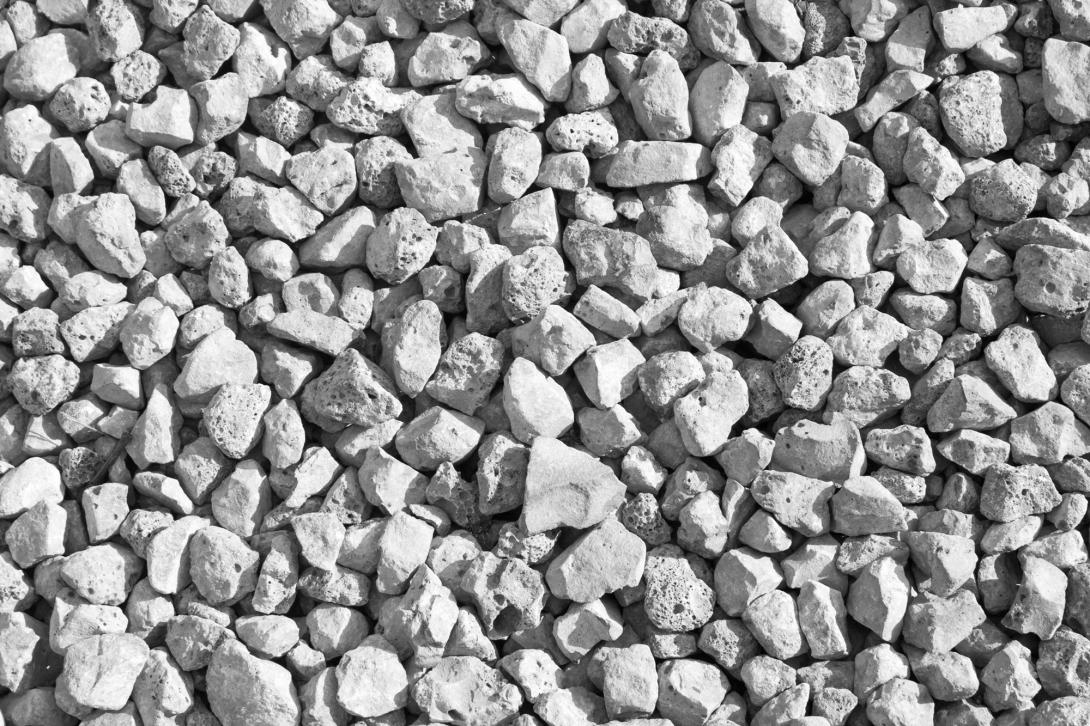
This by-product of iron ore processing can be used as a partial replacement for the natural aggregate used in asphalt.
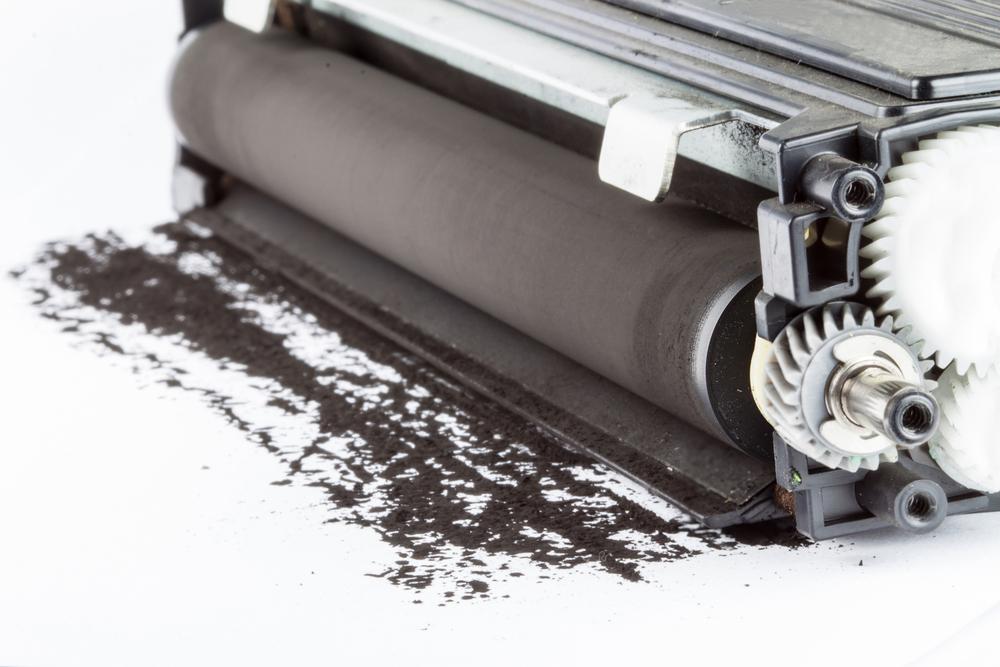
Toner from printer cartridges can be added during production to enhance the physical performance characteristics of asphalt.
Projects
Boral resurfaced Carlisle Road in Westbourne Park for the City of Mitcham in April 2020 with a mix containing about 150 tonnes of recycled asphalt pavement and the equivalent of about 450,000 600ml plastic bottles, which laid end-to-end these bottles would stretch 60 kilometres. The project’s sustainability credentials were enhanced with the inclusion of recycled aggregate in the concrete used to build new kerbing.
Recycled plastic, local recycled crushed glass and recycled asphalt pavement (RAP) were included in the paving of the entrance of the City of Greater Bendigo's landfill in Eaglehawk in March 2020. The sustainable products included the equivalent of 586,000 600ml plastic bottles and 303,000 330ml glass bottles. The project was Boral’s first asphalt contract containing glass, plastic and RAP in Victoria.
Boral created a sustainable asphalt mix containing recycled crushed glass for the City of Townsville to build its footpath at Bonnett Road, Mount Low, in March 2020. Our mix contained 10.5 tonnes of recycled crushed glass – the equivalent of 50,000 330ml glass bottles – through our partnership with a local glass supplier. The project was the first time Boral had supplied sustainable materials in asphalt in Queensland.
Recycled plastic, recycled crushed glass, recycled asphalt pavement (RAP) and crumb rubber (tyres) were incorporated into the mix for resurfacing suburban streets in Perth. Boral paved Arlington Way, Willetton (pictured below), for the City of Canning with the equivalent of 58,000 600ml plastic water bottles, 316 tyres and 37,500 330ml glass bottles. The project was the first time Boral had integrated four products in a single mix in Australia. Boral again used the same combination to pave Mofflin Avenue in Claremont with a mix containing the equivalent of 48,000 600ml plastic water bottles, 250 car tyres and 31,000 330ml glass bottles. The 250-metre-long project was done for the Town of Claremont in March 2020.
Boral developed an asphalt mix containing recycled plastic for the wearing course layer in Hereford Street, Stockton, during partial removal and replacement and deep patching rehabilitation works for the City of Newcastle in February 2019.
Boral performed production trial mixes at the Boral Canberra asphalt plant containing recycled plastic in October 2018.
